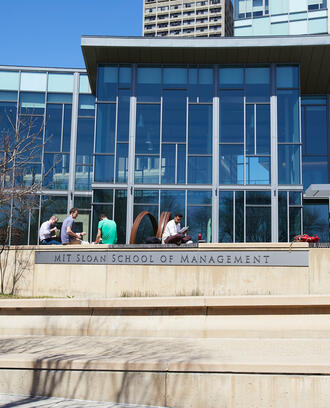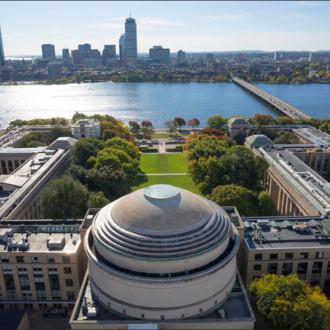Calocurb Ltd. CEO Sarah Kennedy, SF ’11, clearly understands how fortunate she and her company have been in the time of COVID-19. The enterprise she leads is a New Zealand-based, business-to-consumer wellness product manufacturer with high profiles in Australasia, China, and the U.S. “Understandably, the pandemic has heightened everyone’s attention to health,” says Kennedy. “Our product lines support that, and our connections with customers are all web-based, so much of our business has continued as usual.”
Which is not to say that Kennedy has ever taken her company’s enviable position for granted. A lifelong New Zealander, she learned early on that her ventures had to achieve a higher level of online engagement than the competition in order to succeed in the world’s most populous markets. “I’ve always worked remotely and relied heavily on digital tools,” she says. “That’s a given for any New Zealand-based global business. But we also implemented several new measures as soon as the country went into lockdown.”
For starters, Kennedy dropped her salary to zero for the month of March and sent everyone home except essential manufacturing staff. She also pulled back on advertising during the initial wave of emotional and cultural shock caused by the pandemic. Most important, she authorized financial benefits to her companies’ contractors that matched the subsidies being provided by the government, ensuring that the contractors received at least 80% of their previous wages for 12 weeks.
Big lessons from a tiny nation surrounded by water
Kennedy has spent much of her career pushing beyond the perceived boundaries of being from a small country that many of her American colleagues couldn’t identify on a map twenty years ago. “Our location forced us early on to adopt technologies and strategies—including distributed manufacturing—to overcome our geographic limitations,” she says. “When economic activity was being suspended around the world, our biggest challenge was a slow-down in global shipping. Fortunately, our three U.S. manufacturing plants were able to stay online and fulfill orders in a timely way.” Her country’s decade-long trading posture with China is also a benefit. “Selling in China is a well-worn path for New Zealand businesses,” says Kennedy. “We’re going through the regulatory process and don’t expect our expansion plans to be affected by the pandemic.”
While New Zealand’s geography and culture were advantageous when it came to containing the spread of COVID-19, Kennedy believes that the leadership style of Prime Minister Jacinda Ardern was pivotal. “New Zealanders were very accepting of the need for an early lockdown,” notes Kennedy. “Compliance with directives about masks, physical distancing, and business and travel restrictions was nearly universal. Our relatively small population and lack of land borders helped, of course. But I also think we’ve shown the world that swift, decisive action and clear, consistent communication are two of the most important attributes a leader can exhibit during a crisis such as COVID-19.”



